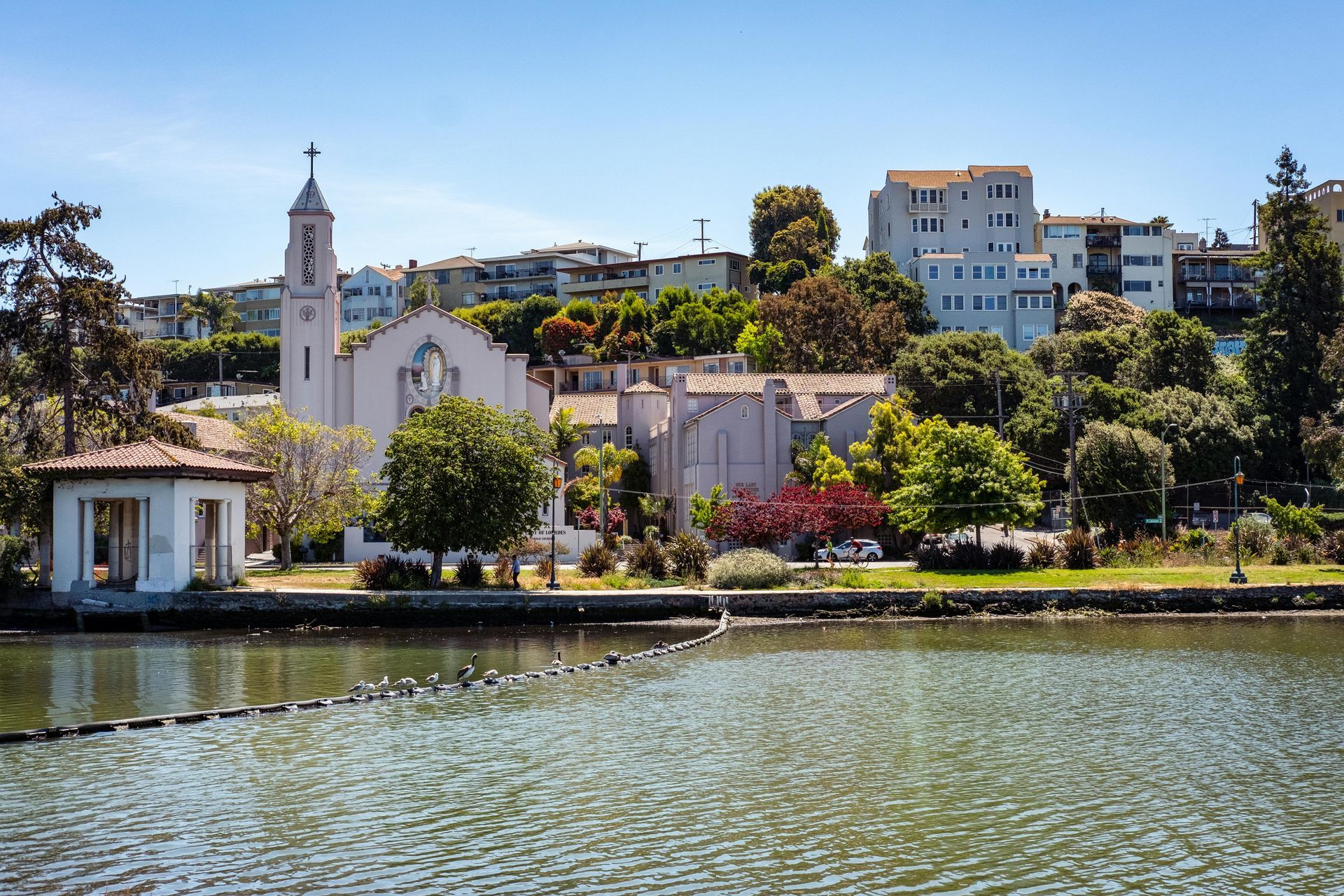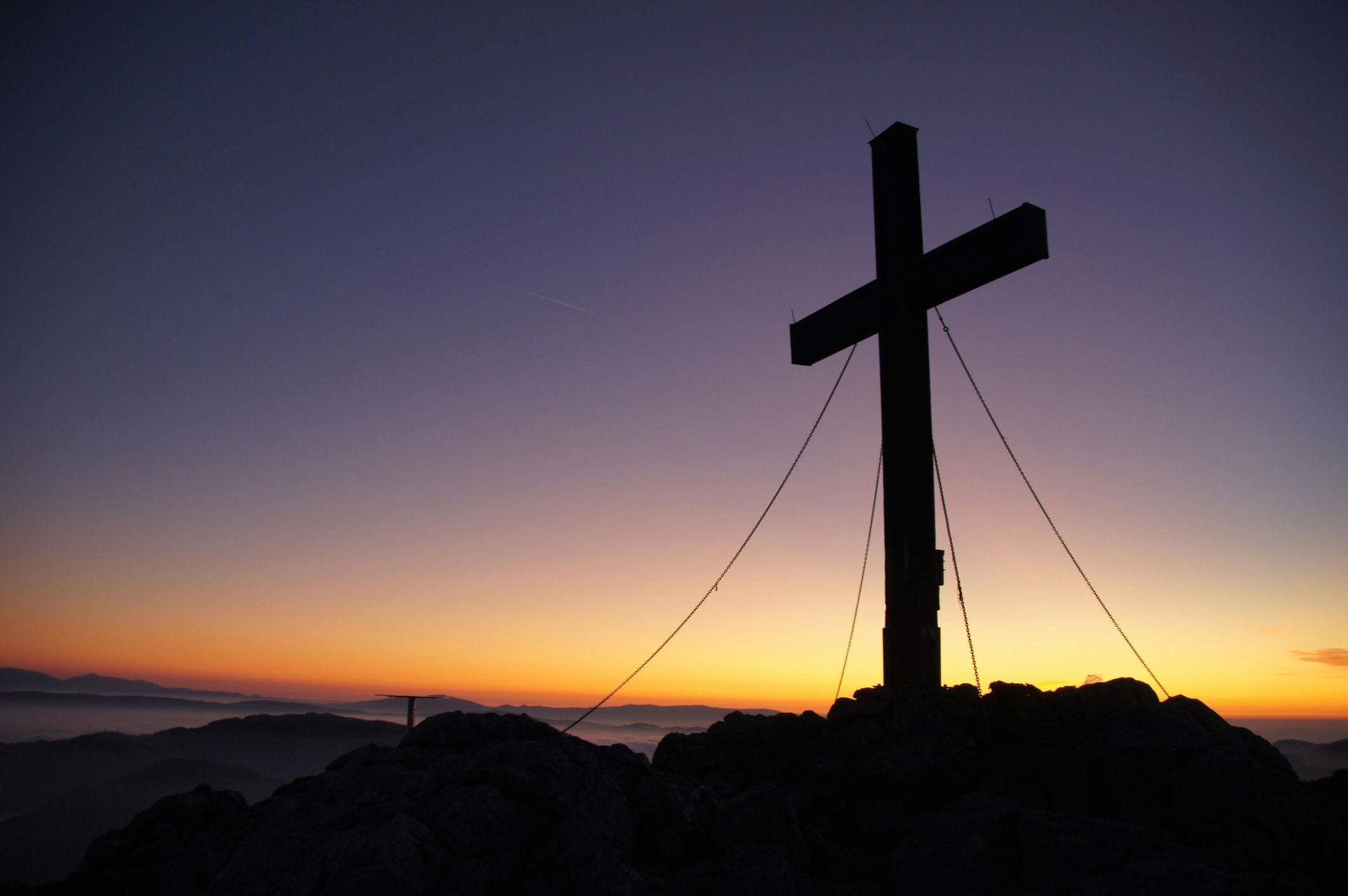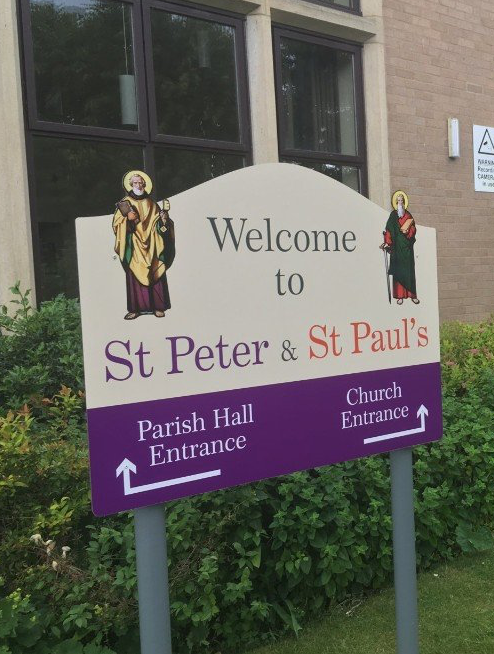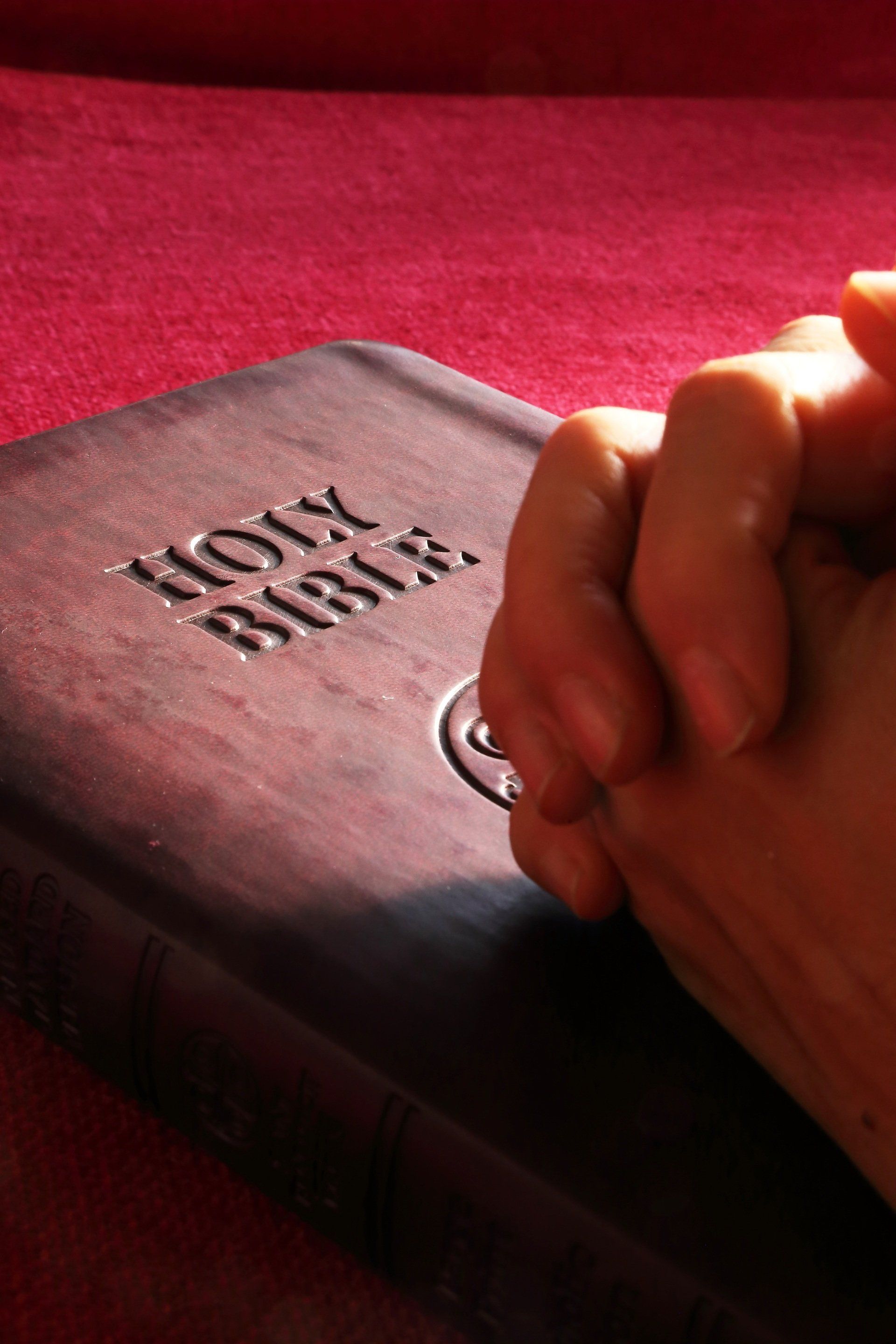You must keep to what you have been taught and know to be true; remember who your teachers were, and how, ever since you were a child, you have known the holy scriptures — from these you can learn the wisdom that leads to salvation through faith in Christ Jesus.
All scripture is inspired by God and can profitably used for teaching, for refuting error, for guiding people’s lives, and teaching them to be holy.
2 Timothy 3:14–16
The apostolic preaching
The second work written by Luke, the Acts of the Apostles, takes the story further as the good news of Jesus is preached ‘in Jerusalem, in all Judea and Samaria, and to the ends of the earth’ ( Acts 1:8). The account of the dramatic power of the Holy Spirit at the feast of Pentecost announces the birth of the Church. The speech of Peter is the first of many speeches in Acts, the focus of them all being the death and resurrection of Jesus and the consequent call to faith in him. Luke describes the early community as devoting themselves ‘to the apostles’ teaching and fellowship, to the breaking of bread and the prayers’ ( Acts 2:42). It remains the call of Christ today that, by fidelity to the word, to the Eucharist and to prayer, we should live as a community of love reaching out in mission to the whole world. After the account of the death of the first Christian martyr, Stephen, we are introduced to Saul and his dramatic experience of the call of Christ on the road to Damascus ( Acts 9). Saul, also known as Paul, is the ‘chosen instrument’ to bring the name of Christ to the nations ( Acts 9:15). Meanwhile Peter too experiences a vision in which he learns that all peoples are to be welcomed into the Christian fold ( Acts 10:34-35).
The journeys of Paul
Accounts of the three missionary journeys of Paul and his final journey to Rome are also found in Acts. During his second journey Paul, inspired by a vision, crosses into Europe ( Acts 16:9-10). Paul and his companions often face persecution from the Jews and hardships of all sorts. It is Paul’s mission to the Gentiles which is the main reason for Jewish opposition ( The Jewish People 75). When hostility to him grows from the Jews of Jerusalem he appeals to the emperor and makes the hazardous sea journey to Rome. At the end of Acts the gospel message has reached Rome, capital of the empire and destined to become the heart of the universal Church.
Paul’s mission and gospel
We gain a more direct testimony about St Paul from his letters. The genuine letters of St Paul were written long before the first written gospel and are consequently the earliest writings of the New Testament. Paul is totally convinced that he was ‘set apart for the gospel of God’ ( Romans 1:1). He is called by Christ to preach ‘the obedience of faith’ to all the nations ( Romans 1:5), among whom he includes the people of Rome, whom he calls ‘God’s beloved, called to be saints’ ( Romans 1:7). Paul is the apostle of the Gentiles, proclaiming faith in Christ ‘to the Jew first and also to the Greek’ ( Romans 1:16). For Paul, Christ is the fulfilment of the law ( Romans 3:21-22 Galatians 3:24-26). Christians, baptised into new life, live by the law of the Spirit ( Romans 8:2). Later in the Letter to the Romans Paul will consider the difficult issue of God’s covenant with Israel. He employs the image of an olive tree. While some branches, the Jews who have not accepted Christ, have been removed, new ‘wild olive shoots’, the Gentiles, have been grafted onto the olive tree of Israel ( Romans 11:17). Those who do not accept Christ remain beloved, however, ‘for the gifts and the calling of God are irrevocable’ ( Romans 11:29). Paul thus proclaims the extraordinary gift of the new life of faith that Christ has brought by his death and resurrection, but he also leaves us in no doubt that we owe the beginnings, the roots of our faith, to Abraham and his descendants ( The Jewish People 36).
Pastoral problems of the pauline churches
Paul, as we have seen in Romans, makes a major contribution to Christian understanding of Christ’s person and work. He also addresses various problems faced by the Christian communities. In the first and second letters to the Thessalonians he reassures Christians about the resurrection of those who have died in Christ and dampens any excessive expectations of Christ’s imminent return. In the Letter to Philemon Paul deals with the delicate problem of a runaway Christian slave returning to a Christian household. In the first and second letters to the Corinthians he addresses various pastoral concerns, including disunity in the community. Paul’s teaching on the role of women has given rise to much debate, especially in our own time. Paul, on the one hand, encourages the ministry of women ( Romans 16:1 Philippians 4:2-3) and speaks of the role of both women and men in Christian liturgical gatherings ( 1 Corinthians 11:4-5). Elsewhere in the first letter to the Corinthians we find an instruction that women should be silent at meetings ( 1 Corinthians 14:34-35). In the first letter to Timothy, sometimes considered to be the work of a disciple of Paul, scriptural justification is given for a lesser role for women ( 1 Timothy 2:12-15). Other texts deal with the relationship of husband and wife and seem to sanction a subordinate role for wives ( Colossians 3:18 Titus 2:4-5). It needs to be carefully explained, particularly when this material is used in the liturgy, that such texts come from particular social and religious settings and must be read in the context of the whole of Scripture, and particularly in the light of the testimony of the gospels to Jesus’ own inclusive attitudes and behaviour. These Pauline texts should never be used to undermine the dignity of women. In the Letter to the Ephesians we find an inspiring presentation of the mutual relationship of self-giving love of husband and wife, which is modelled on the love of Christ for the Church ( Ephesians 5:21-33).
Christ and the Church
The letters to the Colossians and to the Ephesians provide a more developed understanding of Christ and the Church. Christ is the first born of all creation, and, being the first born from the dead, he is the head of the Church ( Colossians 1:15-20). Christ ends the division between Jew and Gentile so that all are one in the Body of Christ, the Church ( Ephesians 3:5-6). The first and second letters to Timothy and the letter to Titus are sometimes considered to have been written by disciples of Paul. They provide useful guidance on the life of Christian communities, describing the ministries of bishops, elders and deacons, and the role of widows. These letters emphasise the need for fidelity to the Tradition.










